I N A PRIL 1994 I WAS INVITED to address a conference of the Canadian Association of Journalists on the topic Could the media have done a better job covering the tainted-blood tragedy?
I began my speech with this very harsh assessment: We journalists are guilty of the same crime as the main players in the blood system the Red Cross, Health Canada, the Canadian Blood Committee, the provinces, the politicians, medical officers of health, doctors a failure to inform the public. Like them, we have excuses... but, collectively, our mistakes have cost hundreds of people their lives. There can be no excuse for that. We cannot be forgiven. But we can make amends by learning from our failures, by never again repeating them.
More than 1.5 million Canadians who received blood transfusions between 1980 and 1985 were unwitting participants in a lottery of death, and the odds grew worse with each passing month of inaction. The countrys 2,300 hemophiliacs, whose blood products are manufactured with the plasma of thousands of donors, were even more at risk: 43 per cent of them contracted the AIDS virus from the products that were supposed to keep them healthy. Even after public health authorities finally reacted to AIDS, another menace, hepatitis C, continued to infect thousands of transfusion patients and hemophiliacs until testing was introduced in 1990.
Despite the enormity of the tragedy, tainted blood did not become front-page news in Canada until late 1992. In an age when the media examine, in minute detail, everything from murder cases to the deliberately vague pronouncements of politicians, it is unbelievable that the infection of more than 1,200 Canadians with a deadly virus went virtually unnoticed for almost a decade after the first victims started dying.
Yet there were real barriers to getting to the bottom of the story, among them lack of accurate information. As journalists and members of the public, we are too trusting of the so-called experts; we all too often accept their views, however speculative or self-interested, as the unvarnished truth. When, at the outset of the AIDS epidemic, Red Cross officials said the risks of contracting AIDS from blood were one in a million coded language for dont worry we took them at their word. The media, in covering health-related issues, remain far too much in awe of institutions and people with fancy titles, and not nearly respectful enough of the needs of patients and their families.
Adding to the problem, perhaps central to it, is the structure of Canadas blood system. It is daunting and impenetrable in its bureaucracy, administered by a combination of the Red Cross and thirteen federal and provincial governments. This overblown and inefficient administration allowed virtually endless buck-passing while a fatal virus spread unchecked. Though countless people, from hemophiliacs through to epidemiologists, expressed concern about the transmission of AIDS via blood, their worries were summarily dismissed because they were mere individuals. Users of blood products, when they raised red flags, were considered hysterical. Transfusion recipients and hemophiliacs were lied to repeatedly by experts, and the checks and balances that should have been there to protect them failed.
Above all, the full extent of the disaster went unexplored for a decade because of the stigma of AIDS. Ignored as a disease of minorities on the margins of society homosexuals, drug addicts, prostitutes, Haitians, hemophiliacs the epidemic wasnt taken seriously by the mainstream media. Many journalists, like the public health officials and politicians, didnt allow themselves to see beyond their prejudices, notably homophobia. In turn, many of the victims were ashamed to speak out, because we treated their disease as shameful.
With scorn as a backdrop, it has not been easy for people with AIDS to step forward. The gay community, where the disease hit first and hardest, responded to the epidemic by building support networks. Their activism changed the health system for the better, though not nearly enough. But the victims of tainted blood didnt have self-help groups, and they were further isolated by the lack of information in the media. Those who did come forward to explain the ravages of blood-borne AIDS were particularly brave.
* * *
Its a very special person who, in the midst of his or her own suffering, can reach out to help others. Yet during the four years Ive been working on the tainted-blood story, I have met many, many such generous souls. For most of them it was too late but, rather than die silently, they spoke out in the hope that they would help others. Marc Dagenais was typical of these altruists. In March 1993, just days before the federal compensation plan for victims of tainted blood expired, he welcomed me into his Montreal home to make a case for an extension of government assistance. He was suffering from a case of oral thrush so severe that he could barely speak; I could tell that each word cut his throat like a razor blade. But the pain didnt matter to him. Right now, Im living on borrowed time, Marc said, as he showed off pictures of his daughters, Carolyne, ten, Tammy, eleven, and Tina, twelve. The girls probably wont have a dad in a year. All theyll have left is a wonderful mom and the money the province gives them. Right now, that looks like nothing. And it doesnt seem fair. Marc Dagenais died a couple of months later, at age thirty-six. His girls wont benefit from the provincial compensation plan, but hundreds of others will, in part because of his refusal to be silenced.
In recent years, the news stories about the tainted-blood tragedy have had a tremendous impact. The steady stream of revelations about the failings of healthcare officials, and their utter contempt for hundreds of people infected with AIDS, forced the provincial ministers of health to cobble together a $151-million assistance package, and the lingering questions about misdeeds prompted the federal government to order a judicial inquiry into the decisions, and non-decisions, of the administrators of the blood system. The Commission of Inquiry on the Blood System in Canada, headed by Mr. Justice Horace Krever, has provided an important forum for the victims of tainted blood to air their grievances, and an unprecedented opportunity to get to the bottom of this complex story. The commission will also make recommendations on the changes required to ensure that a similar tragedy never happens.
* * *
I wish I could have told the story of each of the 1,200-plus victims individually. The hardest part of the editing process has been choosing whose horror story to leave untold. I have tried to present a cross-section: children, women and men from every region of Canada and every walk of life. No community from Newfoundland to British Columbia, and no age group from newborn to senior citizen, has been untouched by the epidemic. Yet too many of us remain smug, convinced that the disease only affects others.
Many victims have asked for anonymity because the stigma of AIDS is still so pervasive. They fear being pointed out in the supermarket, seated apart in restaurants, patronized by physicians and pitied by journalists. In all my professional dealings with people with AIDS, I have attempted to treat them not as lepers, but as people with a story to tell, and I have been rewarded with candour and intimacy. I am convinced that we must make a greater effort to ensure that people with HIV-AIDS be permitted to be full members of society. There cant be diseases of good people, like cancer, and diseases of bad people, like AIDS. It is abhorrent, for example, that provincial healthcare plans provide free drug therapy to people with cancer but not to those with AIDS. Regardless of the origin of their illness, all Canadians afflicted by fatal disease should be treated with the utmost care and compassion.

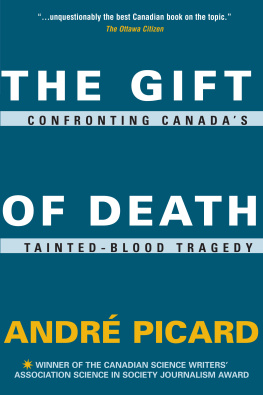
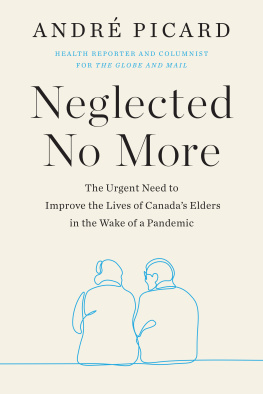


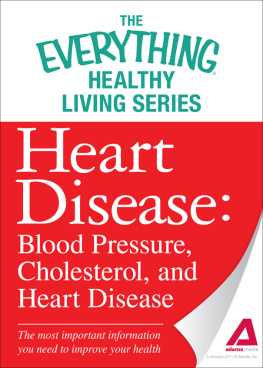
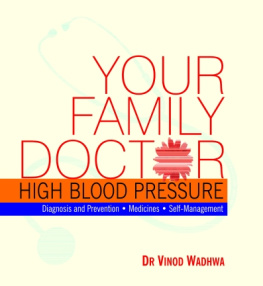
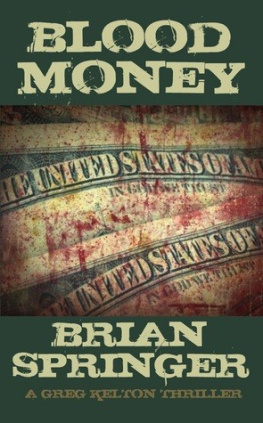
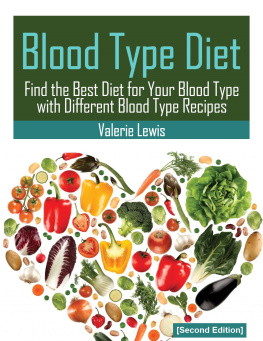
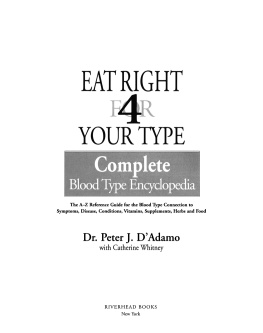
![Tinalynge [Tinalynge] - Tainted Blood](/uploads/posts/book/142066/thumbs/tinalynge-tinalynge-tainted-blood.jpg)